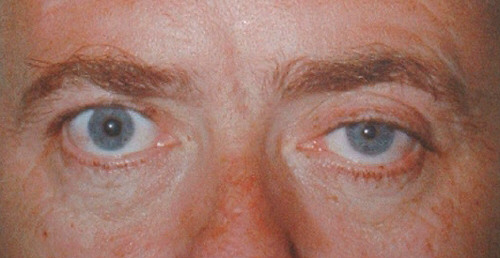
There are plenty of people who avoid drinking caffeinated coffee, believing it could lead to all sorts of negative health effects. Yet recent research has shown that a moderate amount of coffee could be the key to helping reduce the risk of some serious illnesses and diseases. Of course, there are people who happily drink plenty of coffee in an attempt to stay more alert, feel more energized and keep them going for longer. despite the research showing that there really are some positive health effects to drinking coffee, there are also some negative effects that could emerge from excessive consumption. This article will look at some of the potential health effects drinking coffee could have on you.
People all over the world understand the stimulant effect drinking coffee can have. it can help make them feel more alert and more awake. This is especially true if you’ve had a restless night’s sleep. However, in susceptible people, coffee can overstimulate the nervous system. This can cause anxiety symptoms as well as signs of irritability in some people. an overstimulated nervous system can decrease that person’s ability to resist stress, making the anxiety symptoms even worse. Over time, consistent over-stimulation may also exhaust the adrenal glands, which can make that person vulnerable to other health problems. Low-density lipoprotein, commonly referred to as LDL has also been proven to be raised by consuming large amounts of coffee. High LDL is commonly associated with high cholesterol which often indicates cardiovascular disease. The risk of vascular disease, heart attack, and stroke are greatly increased with higher cholesterol. Further research has shown that making simple changes like using paper filters when brewing coffee can eliminate many of the elements that lead to high cholesterol in the coffee. Potentially harmful ingredients like cafestol and kahweol, ingredients that can typically only be found in coffee beans, actually bond to the paper filter during the brewing process. using a plunger filter or a pressing pot by comparison is not as safe as using a paper filter.
Women who drink too much coffee are often beset by anemia or an iron deficiency according to research. Too much coffee prevents the body from effectively absorbing iron. The body needs to maintain certain iron levels for many different reasons. Not only is iron important for bringing oxygen to the blood and lungs but it is also needed for countless enzyme reactions the body needs to perform to maintain proper functionality. Iron is a key ingredient for keeping infections from running rampant in the body. Iron deficiencies have a largely negative impact on almost everything the body does. Consistently suffering from insufficient iron can lead to anemia and/or constant fatigue. Drinking coffee in moderation does lead to some significant health benefits. Drinking too much coffee, though, can have a negative impact on your overall health. Enjoying the benefits of drinking coffee on health it is vital that no more than two cups are consumed daily.This information was brought to you by swamptone.com, your source for all things related on wind chimes.